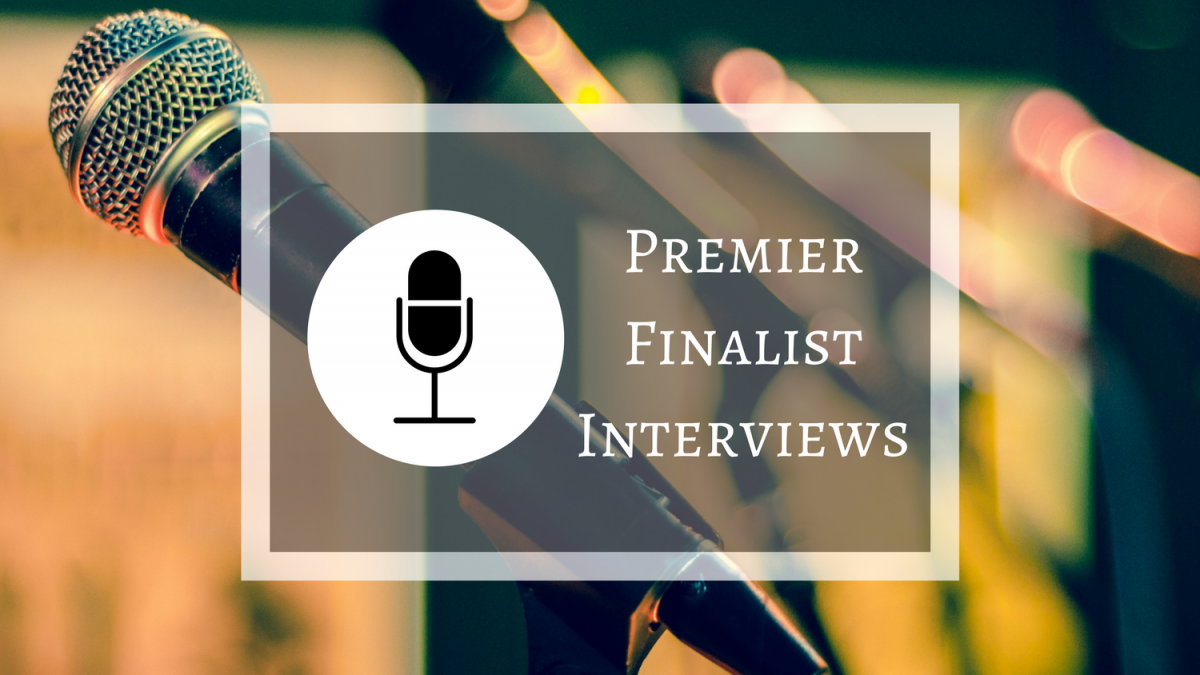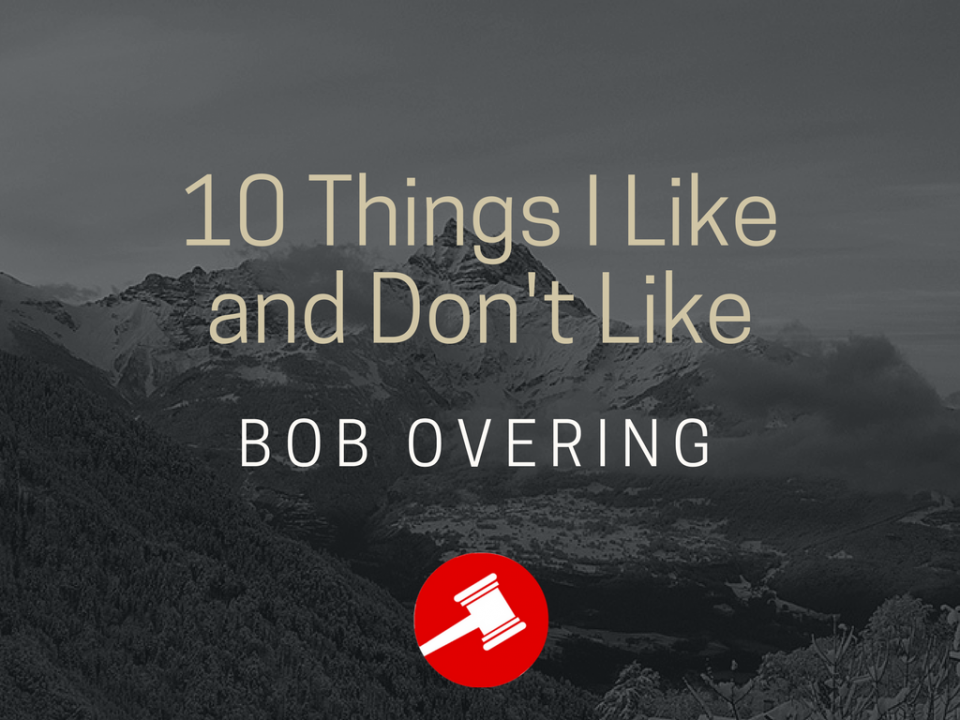2018 Stanford Finalist Interviews

Note: if you have questions you’d like us to ask, please let us know here, and we’ll ask them during the next set of tourney interviews!
Finalist Interviews
Whit Jackson (Brentwood WJ) defeated Patrick Aimone (Servite PA) to win the Stanford Invitational! Premier Debate has exclusive interviews with both these debaters!
Patrick Aimone (Servite PA), Finalist
Question: You entered finals with 18 ballots won. How did you feel? Were you calm and prepared, on-edge and energetic?
Patrick Aimone: Thanks for the count! I was feeling fairly calm through Monday morning, and I think a lot of that came from feeling comfortable and prepared with the positions I was reading. By late elims, it became much more important to feel comfortable and confident in my strategy than to cut new positions or responses, and I think that really helped with my state of mind at the tournament.
Q: As a philosophically-oriented debater, what positions did you debate the most?
PA: Well, you’re not wrong, and I would say most people engage with either util/epistemic modesty type arguments or some sort of K of the epistemology of the philosopher in question (although occasionally you get a phil vs phil debate, which are definitely my favorite). In general, I find the best way to approach these arguments is to win the substantive truth of your philosophy, and then evaluate how the impacts those “higher-layer” arguments function (or don’t) under your framework.
PA: I did have some phil vs phil rounds this weekend, apart from the obligatory util debates, so thanks to Los Osos, Strake, Oakwood, and Harvard-Westlake (!) for those. In SoCal, at least, phil debate seems to be declining at least in part due to the fluid interchange between LD and policy in both the competitor and judge pool– nothing wrong with that, of course, but you certainly do have fewer rounds where all three participants are inclined towards that style of debate.
Q: How do you adapt your style, then? I imagine it’s hard to convince a policy judge to vote on Kant!
PA: While I’m probably not a paragon of adaptation by any means, it’s definitely true that for many judges, the presentation of your argument matters more than its content. With that in mind, CX, 2NR/AR overviews, and solid analogies are all especially potent tools to convince judges who might write off “phil debate” in the abstract that your particular position is reasonable and comprehensible.
And in some ways, convincing a policy judge to vote on a position with which they’re not initially familiar can be easier than winning with a position in which you’re not personally confident.
Whit Jackson (Brentwood WJ), Champion
Question: You entered finals with 18 ballots won. How did you feel? Were you calm and prepared, on-edge and energetic?
Whit Jackson: It was my first time going to the Stanford tournament so I wasn’t sure what to expect going in, but I had a great time. We had done a lot of work prior to the tournament so I was hopeful, but luck is always a factor and I had some tough matchups in elims so I was a bit nervous during it
Q: For you personally, what makes a match-up tough, and did that occur for you this weekend?
WJ: Usually the trickiest rounds are when hitting arguments we don’t have a case neg or blocks to. For example, in octafinals Strake broke a virtue ethics aff about Alford Pleas against me so I had to try to spin existing prep against the aff. Judging and panels can also require adaptation. In finals my panel had a pretty argumentatively diverse set of judges so I had to make sure the 2ar ballot story would be compelling to all 3.
WJ: I think it’s important to have generic prep to rely on that can apply to most cases regardless of how small the plan is. For me this usually means something like T, an NC or a K because the offense is generated external to the consequences to the aff which they’ll usually be better prepped on and have stronger evidence. In my round against the Alford pleas aff I went for a Legalism/Schlag K because it set up framing that would exclude the majority of the aff offense.
WJ: I feel like I’m pretty flexible in terms of forms of argumentation and think there’s a lot of value to pretty much every style of debate. Especially on this topic I’ve tried branching out to different forms (eg. I read a no plan aff in Semifinals). My main constraint on what arguments I read is that I think evidence quality and scholarship are very important and I try to make sure everything I read has academic backing and support. Beyond that, I think anything’s fair game.
Q: Last time we talked, you mentioned friendly discourse and strong underpinning values. Anything you’d like to add or expand on?
WJ: I touched on it in the question above but debaters need to hold themselves to a higher standard in terms of evidence ethics. At the past few tournaments I’ve seen tons of clipping, poor evidence practices, and straight up miscut evidence and I think the community needs to be more vigilant and opposed to it.
WJ: Shoutout to my coaches (especially victor, Jackson, and Erik who were helping this weekend) who take the time to talk about strategy, prepare for rounds, etc because none of my success would be possible without them. My teammates deserve shoutouts as well, especially Jackson for qualling (and getting his third consecutive bid this weekend) and Dylan for breaking as a frosh. It was also great to hang out with and debate old friends like Rex, Patrick, and Farzaan who make going to tournaments so much fun.
.
Thanks to Patrick and Whit for sharing their perspectives! If you want your questions answered, be sure to let us know here!

